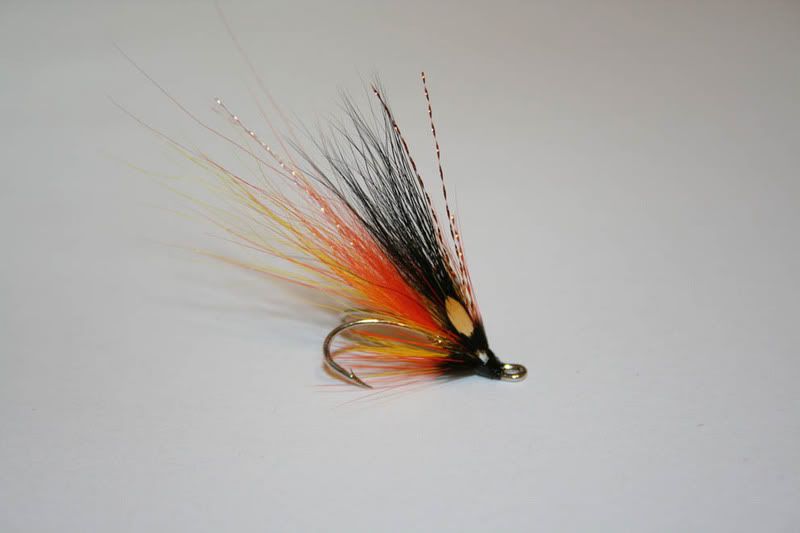Post by elwyman on Aug 1, 2006 19:13:14 GMT
Following is an extract from the Delphi fishery report - suggests poor sea feeding, any similar signs in Scotland?
July
Peter Mantle reports that, after a difficult and not very productive June, the main run of grilse began to arrive at Delphi on the first day of July and catches were very good from then on.
For the fifth year in a row, July produced more fish to the rod than June. In contrast, June had been better (sometimes much better) than July in nine of the preceding ten years from 1992 to 2001. A major shift in the timing of the grilse run therefore looks to have taken place – and the change is beginning to look a bit permanent.
This year the difference between the months could not have been more acute. Despite very dry weather, July produced remarkably good catches, with 206 fish in all (201 grilse and 5 stale springers). In contrast, June anglers, who had some good water, caught just 34 fish (15 springers and 19 grilse) - an extraordinary change from as recently as 2001, when 314 fish were taken in June and only 239 in July.
Most of the July fish this year, however, were remarkably small (weighing just 1½ to 3 lbs). And many were very thin, almost kelt-like. This strongly suggests a feeding problem at sea, whether “natural” or due to global warming or to overexploitation of fodder fish. A large number of small fish were caught in 1998 and 2001, but they were not as small as these.
Whatever the cause, Peter Mantle is speculating that a lack of food may be making fish stay out at sea longer, tipping more beyond the threshold where they have to stay another winter at sea to reach maturity. This would explain why there appear to be fewer grilse and more springers, with the size of both in decline. That said, the July catch was the fourth best of the last 20 years.
Despite the small size of the fish and the extremely dry and warm conditions, good sport was had by anglers and the weight of the fish improved as the month progressed
July
Peter Mantle reports that, after a difficult and not very productive June, the main run of grilse began to arrive at Delphi on the first day of July and catches were very good from then on.
For the fifth year in a row, July produced more fish to the rod than June. In contrast, June had been better (sometimes much better) than July in nine of the preceding ten years from 1992 to 2001. A major shift in the timing of the grilse run therefore looks to have taken place – and the change is beginning to look a bit permanent.
This year the difference between the months could not have been more acute. Despite very dry weather, July produced remarkably good catches, with 206 fish in all (201 grilse and 5 stale springers). In contrast, June anglers, who had some good water, caught just 34 fish (15 springers and 19 grilse) - an extraordinary change from as recently as 2001, when 314 fish were taken in June and only 239 in July.
Most of the July fish this year, however, were remarkably small (weighing just 1½ to 3 lbs). And many were very thin, almost kelt-like. This strongly suggests a feeding problem at sea, whether “natural” or due to global warming or to overexploitation of fodder fish. A large number of small fish were caught in 1998 and 2001, but they were not as small as these.
Whatever the cause, Peter Mantle is speculating that a lack of food may be making fish stay out at sea longer, tipping more beyond the threshold where they have to stay another winter at sea to reach maturity. This would explain why there appear to be fewer grilse and more springers, with the size of both in decline. That said, the July catch was the fourth best of the last 20 years.
Despite the small size of the fish and the extremely dry and warm conditions, good sport was had by anglers and the weight of the fish improved as the month progressed



